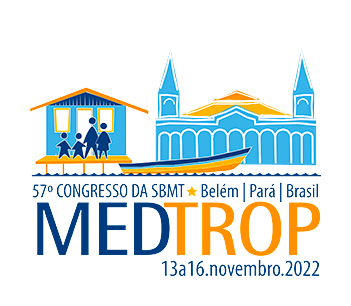Dados do Trabalho
Título
Long-term unsustainable patterns of development rather than recent deforestation caused the emergence of Orthocoronavirinae species
Objetivo(s)
We investigated whether a set of phylogeographically-tracked emergent events of Orthocoronavirinae were related to developed, urban, and polluted environments worldwide.
Material e Métodos
We explored coronavirus records in response to climate (rainfall parameters), population density, CO2 emission, and Human Developmental Index – HDI, and deforestation. We contrasted environmental characteristics from regions with spillovers or encounters of wild Orthocoronavirinae against adjacent areas having best-preserved conditions. We used all complete sequenced CoVs genomes deposited in NCBI and GISAID databases until January 2021.
Resultados e Conclusão
Except for Deltacoronavirus, concentrated in Hong Kong and in birds, the other three genera were scattered all over the planet, beyond the original distribution of the subfamily, and found in humans, mammals, fishes, and birds, wild or domestic. Spillovers and presence in wild animals were only reported in developed/densely populated places. We found significantly more occurrences reported in places with higher HDI, CO2 emission, or population density, along with more rainfall and less seasonality. Orthocoronavirinae occurred in areas with significantly higher human populations, CO2 emissions, and deforestation rates than in adjacent locations. Intermediately disturbed ecosystems seemed more vulnerable for Orthocoronavirinae emergence than forested regions in frontiers of deforestation. Sadly, people experiencing poverty in an intensely consumerist society are the most vulnerable.
Palavras-chave
climate and infectious diseases; Ecohealth, Emerging Infectious Diseases; Environmental degradation; Deforestation; HDI.
Área
Eixo 09 | COVID-19
Categoria
NÃO desejo concorrer ao Prêmio Jovem Pesquisador
Autores
Sérvio Pontes Ribeiro, Debmalya Barh, Bruno Silva Andrade, Raner J S Silva, Diogo H Costa-Rezende , Paula L C Fonseca, Marta Giovanetti, Vasco A Azevedo, José Alexandre F Diniz-Filho , Maria F B Almeida, Aristóteles Góes-Neto
